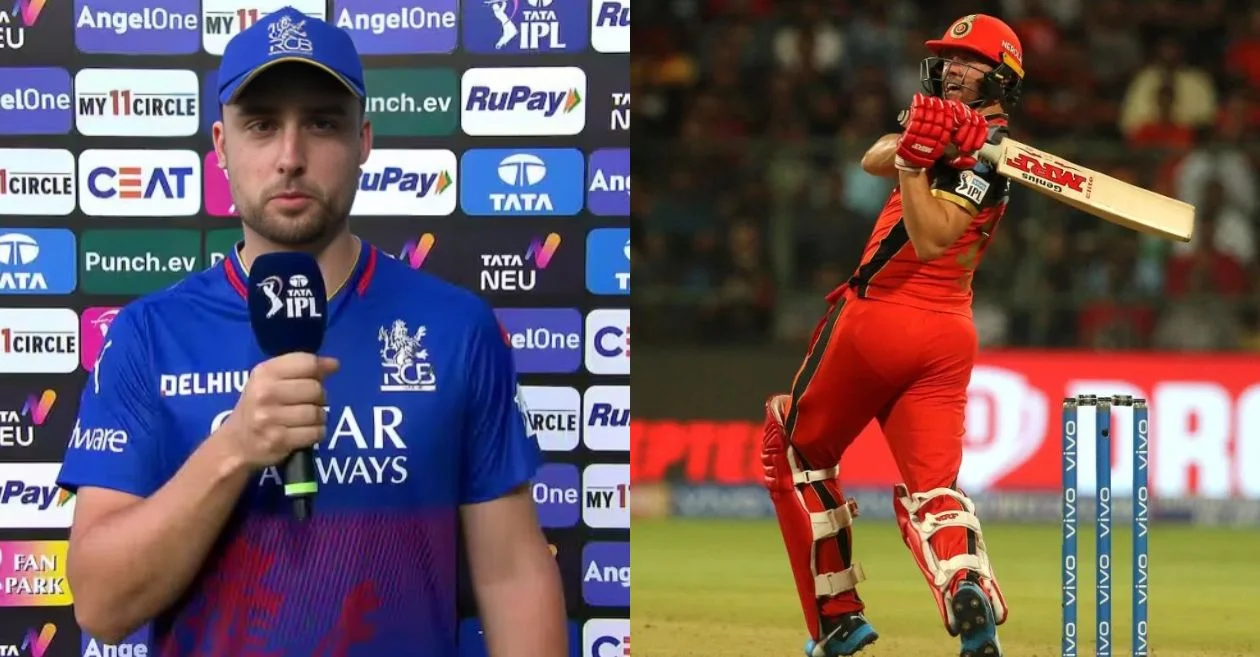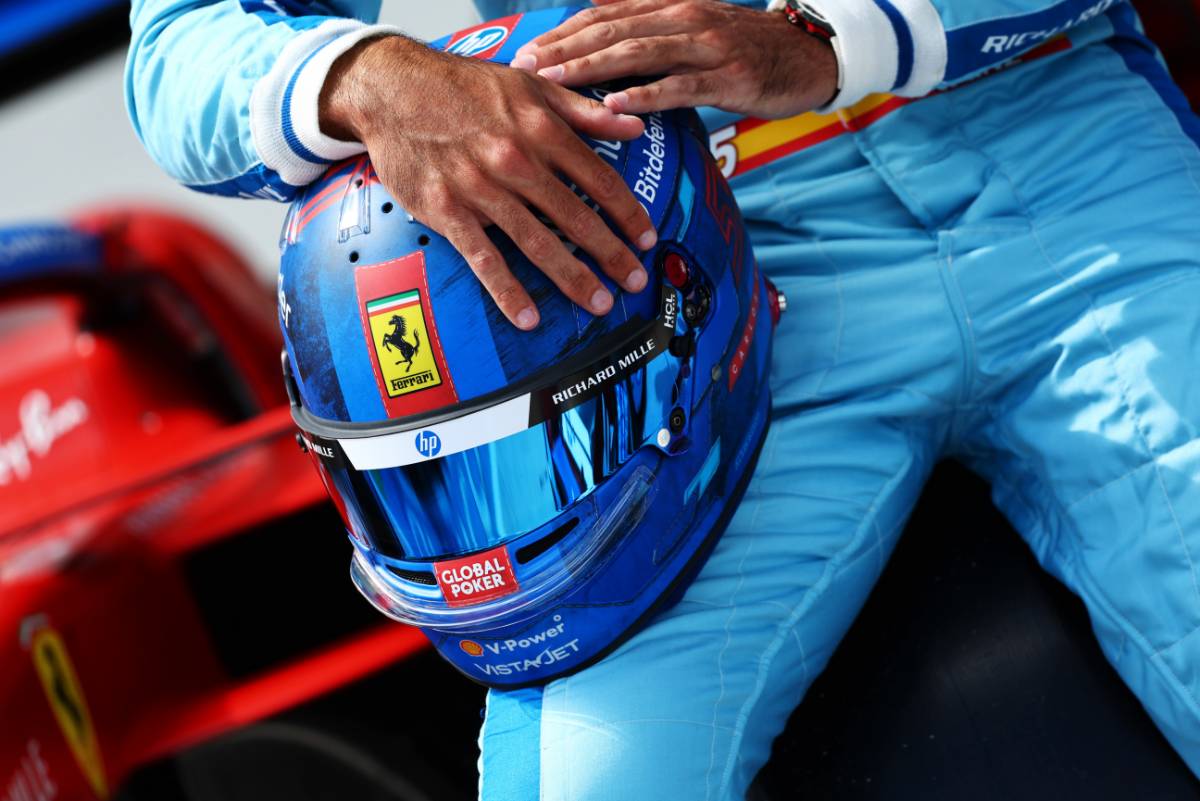
New England placed the transition tag on Kyle Dugger last week.
Pro football economics are a question of supply and demand. There is a reason why the quarterback position is being paid significantly more than others: there are only so many viable starters available for the 32 spots, and you cannot compete in today’s NFL without a quality player under center.
The demand at other positions, meanwhile, has been depressed through the years. Running back is the most popular example, and a result of the league trending ever more toward passing the football as the primary means of offensive production.
On the defensive side of the ball, the safety position appears to be in a similar situation — a fact that actually might be a positive for the New England Patriots.
The Patriots head toward 2024 with one of the better safety tandems in football on their roster. Jabrill Peppers has developed into a cornerstone player the last two years, and remains signed through the upcoming season (for now). Kyle Dugger, meanwhile, was recently given the transition tag in hopes of buying time to reach a long-term deal.
The decision was a risky one, to a degree. Unlike the franchise tag, which awards a team two first-round draft picks in case a player is lured away by another club, there is no compensation tied to the transition tag; all the Patriots have at their disposal is the right of first refusal against incoming offer sheets targeting Dugger.
So why would the Patriots use that tag over the other? It all comes down to cost: at $13.82 million, the transition tag carries a salary cap hit of roughly $3.3 million less than its franchise counterpart.
New England essentially told the world its valuation of Dugger, and now is daring other teams to challenge them. That could obviously happen — the 27-year-old has been a very good player since entering the league in 2020 — but it seems that the current safety market is playing in the team’s hands.
Over the last few days, after all, some big names at the position have entered the open market: the Denver Broncos parted ways with Justin Simmons, the New York Giants with Xavier McKinney, the Buffalo Bills with Jordan Poyer, the Seattle Seahawks with Quandre Diggs, the Jacksonville Jaguars with Rayshawn Jenkins, and the Pittsburgh Steelers with Keanu Neal.
Those moves did not just happen because the league suddenly started colluding against the safety spot. Nonetheless, they do show that the value teams place on the safety position has catered, unless you are talking about the cream of the crop.
Is Dugger that? “Not quite but close,” the Patriots basically said when making him the eighth-highest paid player on a per-year average.
By doing so through the transition tag, they did leave him exposed a bit. However, it seems increasingly likely their gamble was a good one: with the market being flooded by veteran safeties, some of whom very capable players still, the aforementioned supply and demand has tilted in a favorable way from New England’s point of view.
Why pay upwards of $14 million a year for Dugger, trying to outbid a team with massive resources, when there are other and cheaper, if lesser-quality, options available?
The Patriots could of course ask themselves that question as well. However, they made their feelings about Dugger clear in the days leading up to the transition tag being applied: they want to keep their former second-round investment in the building, as a leader both on and off the field. His play, particularly the last two years, justifies this thought process.
And with the safety market developing as it has over the last week, the Patriots might be able to keep him around at a cost close to their original valuation.


















You must be logged in to post a comment Login